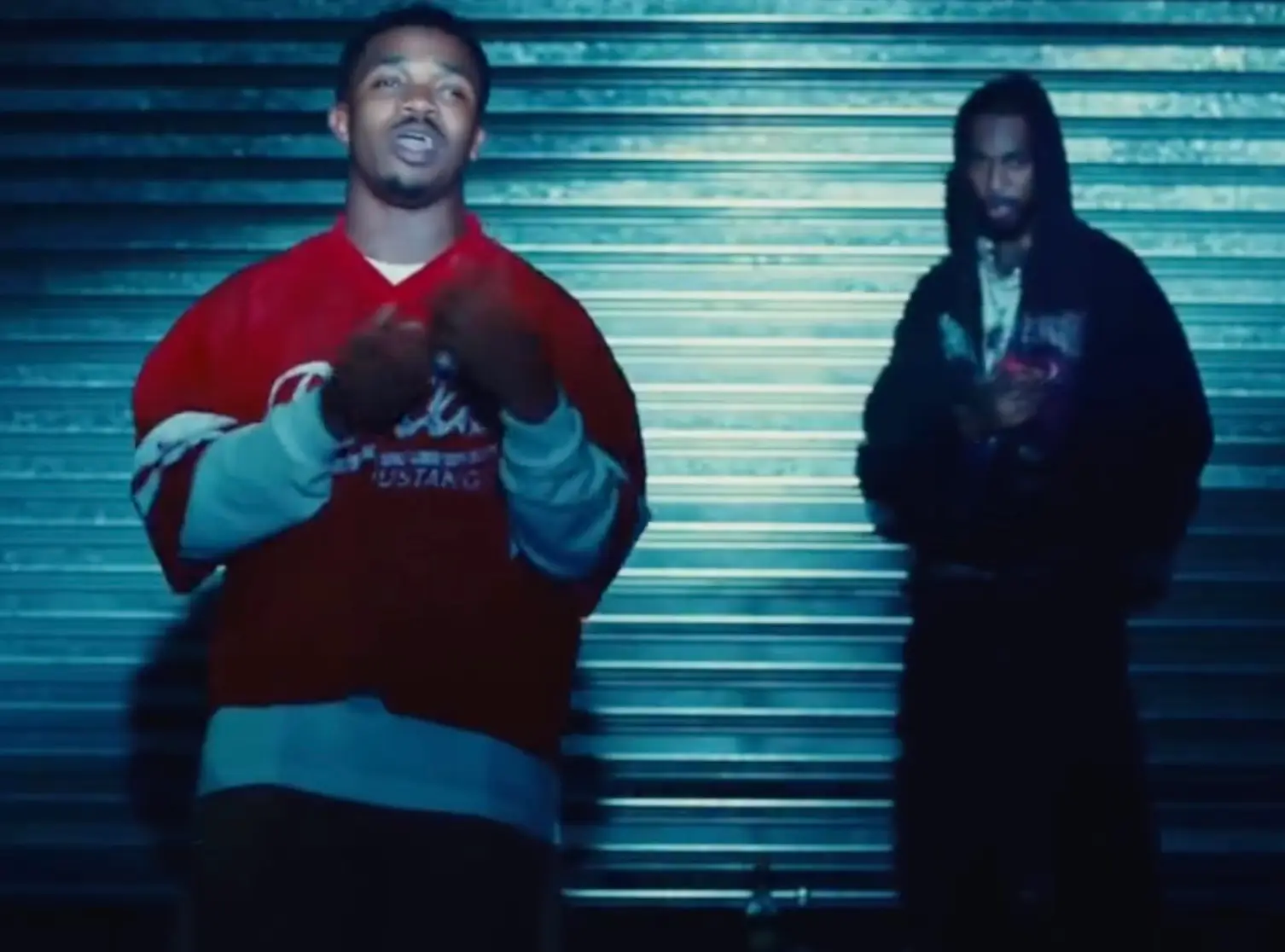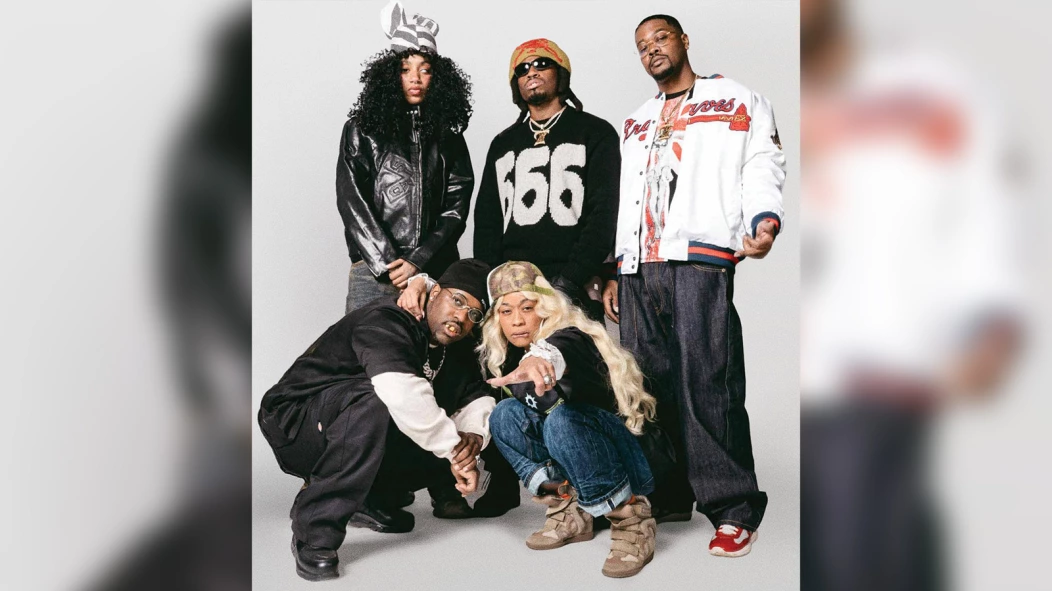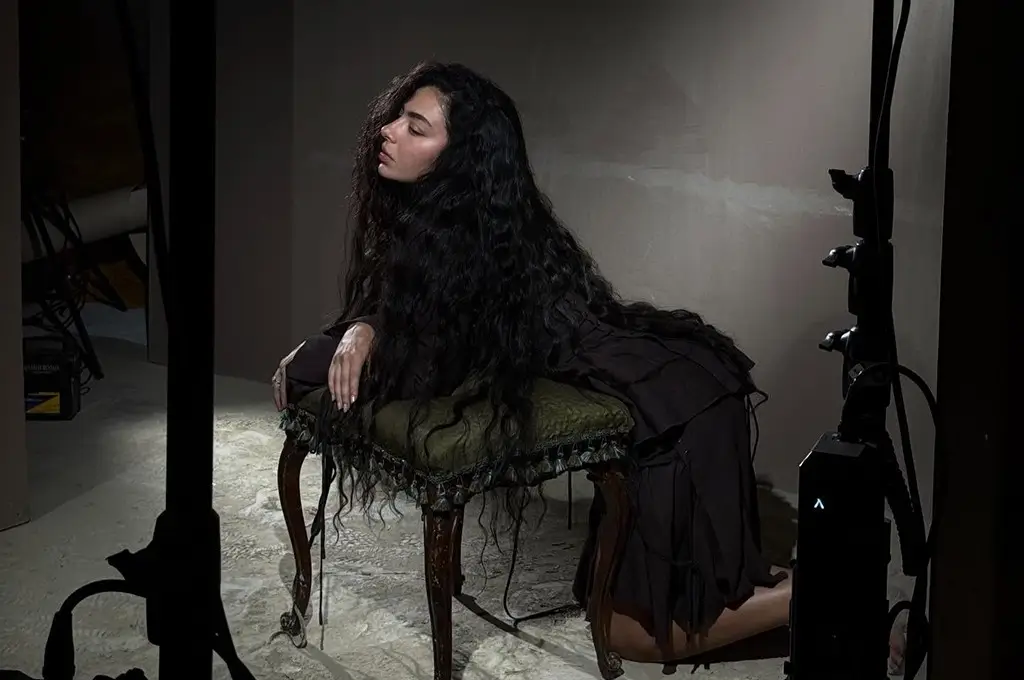In “Lucky,” Reneé Rapp unravels the cost of perception — the idea that from the outside, success looks effortless, but from within, it’s wrapped in exhaustion, loneliness, and self-doubt. The song sounds like a confession whispered through glitter — cinematic yet painfully human. Rapp’s voice carries both fury and fragility, a reminder that fame doesn’t shield you from feeling small.
The production glides between minimal piano strokes and swelling synths, giving her vocals the space to breathe and break. Every lyric feels like it’s gasping for air, caught between gratitude and guilt. She sings, “Everybody says I’m lucky,” but the line lands like a question rather than a truth. The way she delivers it — trembling, almost apologetic — turns the phrase into a paradox. The song isn’t about luck at all; it’s about the pressure of being seen as blessed when you’re quietly falling apart.
“Lucky” sits at the intersection of pop confessionals and theatre-born vulnerability. Rapp, a Broadway alum turned Gen-Z pop icon, brings that sense of control and collapse — she performs even as she breaks. The chorus bursts open like a stage spotlight, but the verses pull us backstage, into the makeup-stained mirror where she’s still learning who she is without applause.
As a piece of songwriting, “Lucky” joins the lineage of emotionally articulate pop tracks that trade glamour for honesty — think Lorde’s Liability or Olivia Rodrigo’s Teenage Dream. It’s not self-pity; it’s reckoning.
Ultimately, Rapp’s “Lucky” feels less like a song and more like a letter written to herself — one that refuses to confuse visibility with peace. In the glow of stage lights and viral praise, she admits what few dare to say: sometimes being the lucky one doesn’t feel lucky at all.
No comments yet.








